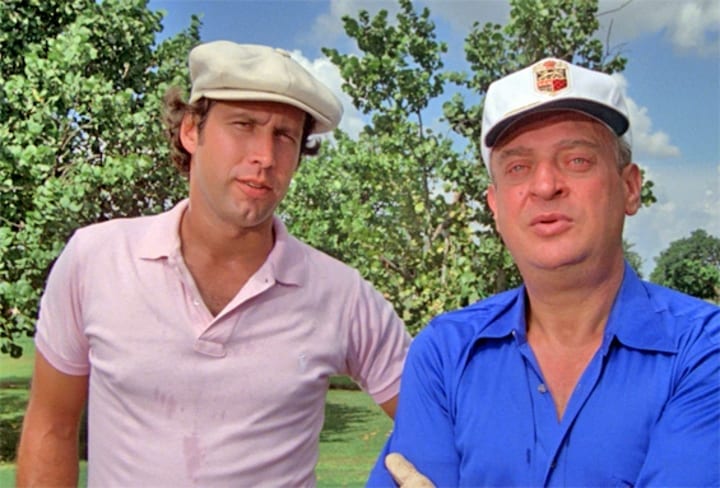Josh Weinstein, the longtime Simpsons showrunner, recently tweeted some of the rules of the Simpsons writer’s room that made the show (at least in the ’90s), arguably the best written in television history. One stuck out to me:
Never shoot down another idea. Don’t like it? Pitch a better one
After years of blindly accepting and even defending toxic behavior among friends and coworkers, I’m perpetually looking to find patterns of behavior and compatibility I like, and behavior I’ve come to learn I don’t like. One pattern I’ve discovered as I’ve gotten older is the perpetual naysayer. Both professionally and creatively, I’ve worked with several people who are great at finding the flaws and smugly dismissing ideas. When asked for a better idea, they either shrug their shoulders or propose something well out of the realm of possibility, because that’s how it should be in a perfect world.
If someone is able to take an idea and pitch alternatives, or discover potential dealbreaking flaws in an idea that need to be addressed, that’s one thing. But if someone mocks an idea, points out why it won’t work, and leaves it at that, over time, that person becomes impossible to work with. There’s a difference between being a Cassandra and being a perpetual naysayer.
I’ve come to realize this is a personality type. If someone does this, they don’t do it here and there—they approach every idea this way, no matter how strong or weak it is. And over time, they alienate all their professional and creative collaborators.
That’s not to say this person is wrong when they point out flaws. There can be great, informed, thoroughly researched reasons why an idea is wrong. Some of the smartest people I’ve ever known are like this. Some of them speak with such authority that it’s easy to get suckered into their point of view. But the people I’ve worked with who fit this mold have never reached their potential, because no one likes working with this kind of person. And when that kind of person doesn’t get the kind of work their intelligence deserves, they’ve tended get resentful, which leads to them turning to their perpetual naysayer tendencies even more. It becomes the world’s fault for not respecting their intelligence.
I used to respect this personality type; I fancied myself as something of an intellectual crank, and appreciated others who somewhat fit that mold. As I’ve learned to focus on more positive qualities of my life, and being nicer to myself, I realized how much these personalities bring me down, and stymie me from accomplishing what I need to accomplish. Going forward, when I identify someone with this personality type, I now know not let them into my inner circle. I wish I’d learned that sooner.





